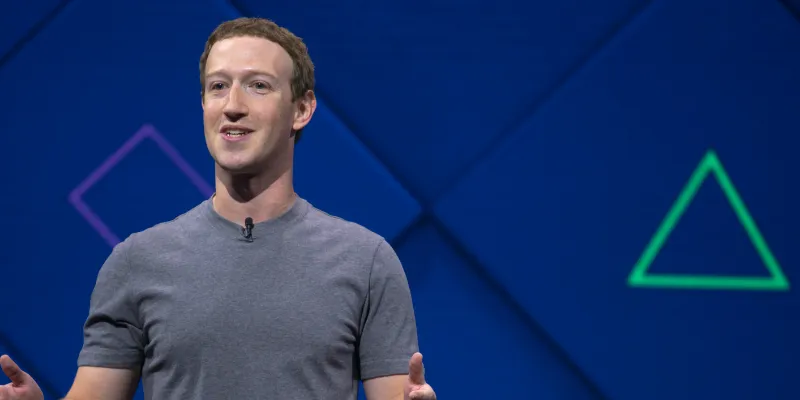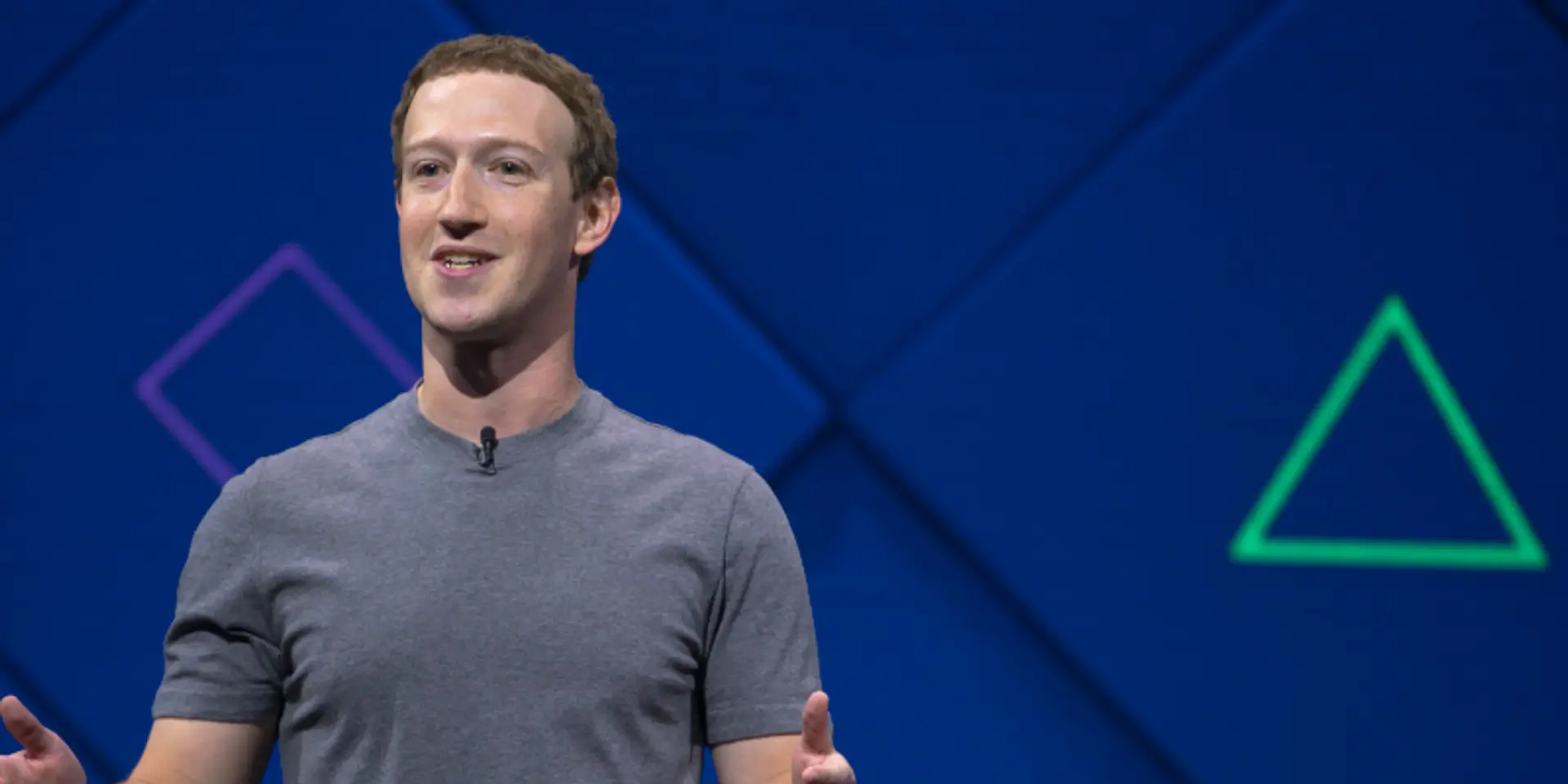Facebook is getting into chip manufacturing, job listings reveal
It mirrors the trend of Big Four tech companies becoming more self-reliant in hardware and reducing dependence on Qualcomm, Intel and the like.
In a bid to push hardware, Facebook is planning to design its own chips that could be used to power its AI algorithms and also in consumer devices. At present, Facebook’s AI servers run on Nvidia chips.
Facebook’s recent job listings reveal that it is looking to hire a manager who can assemble an “end-to-end SoC / ASIC, firmware, and driver development organisation.” The jobs were listed in the ‘infrastructure’ category which indicates that Facebook would be using the chips in its AI servers.

One of the listings states: “Facebook is seeking a silicon design engineer to join our Infrastructure team. We are looking for candidates with expertise in architecting and designing semi-custom and fully custom ASICs. The role involves evaluating, developing and driving next generation technologies within Facebook.”
Though Facebook is yet to make an official announcement, its AI researcher Yann LeCun tweeted about the job postings, calling for candidates interested in designing chips for AI. “Design engineer positions are available at Facebook in Menlo Park,” he wrote.
This mirrors a trend in Big Four tech companies that are increasingly firming up their chip manufacturing abilities in order to reduce dependence on the likes of Qualcomm, Intel and others. Apple, Google and Amazon are already designing their own chips.
Apple has started putting its chips in iOS devices, and has announced that it will replace Intel processors in Mac computers too. Amazon, meanwhile, is stepping up investments in AI chips to make its virtual assistant (Alexa) even smarter. Google too has a dedicated AI division that produced its first consumer-focused chip (an image processor) which was used in the Pixel 2 smartphone.
Besides AI, Facebook could even use its chips in Oculus VR headsets. Then there are smart speakers, which were slated to be announced in the Facebook Developers Conference in May. But the company has postponed the launch in the aftermath of the Cambridge Analytica data scandal.
The smart speakers are expected to be video-focused devices with laptop-sized touchscreen panels and standalone boom boxes powered by Facebook’s own AI-enabled assistant. Siri and Alexa have a challenger coming up it seems!







